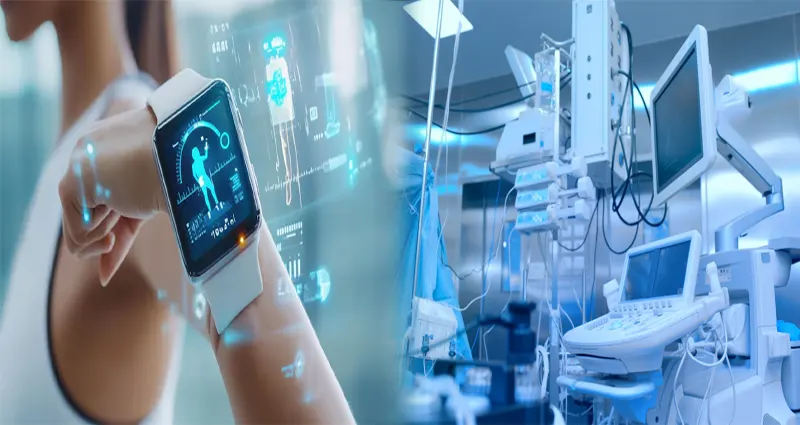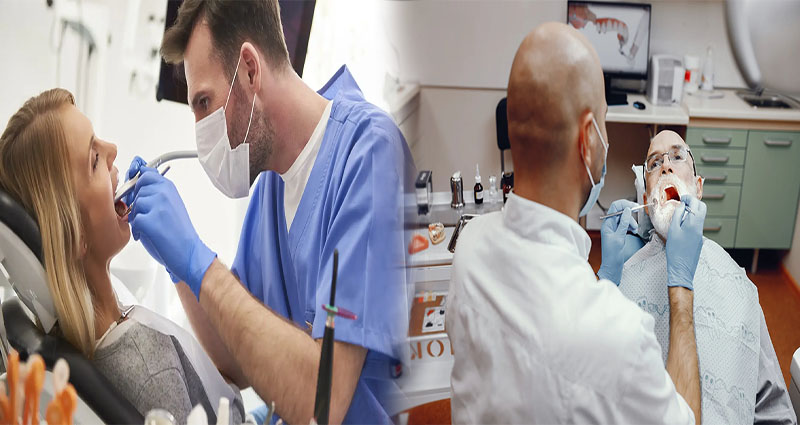Innovative Healthcare Technologies Improving Patient Outcomes
In the ever-evolving landscape of healthcare, technology plays a pivotal role in revolutionizing the way patient care is delivered. From streamlining processes to enhancing diagnostics and treatment options, innovative healthcare technologies are continuously shaping the future of medicine and making a significant impact on patient outcomes. Let’s explore some of the cutting-edge technologies that are driving positive changes in patient care:
1. Telemedicine and Virtual Care:
Telemedicine has emerged as a valuable tool in providing remote healthcare services to patients, especially in underserved or rural areas. Through secure video conferencing or messaging platforms, healthcare providers can consult with patients, offer diagnoses, and even prescribe medication without requiring an in-person visit. This not only improves access to care but also minimizes the need for unnecessary hospital visits, leading to more efficient and cost-effective healthcare delivery.
2. Artificial Intelligence (AI) in Diagnostics:
AI-powered technologies are revolutionizing the diagnostic process by analyzing vast … Read More














